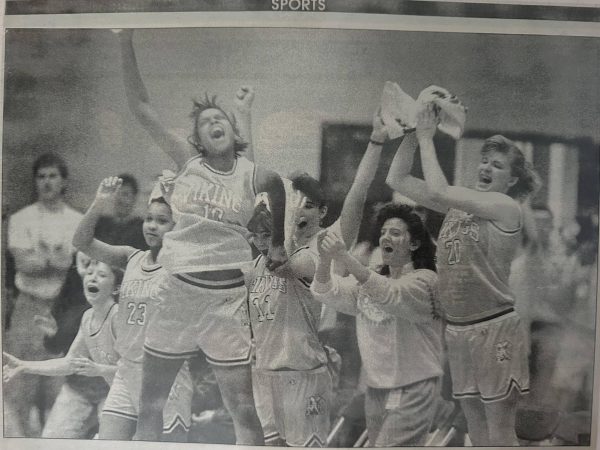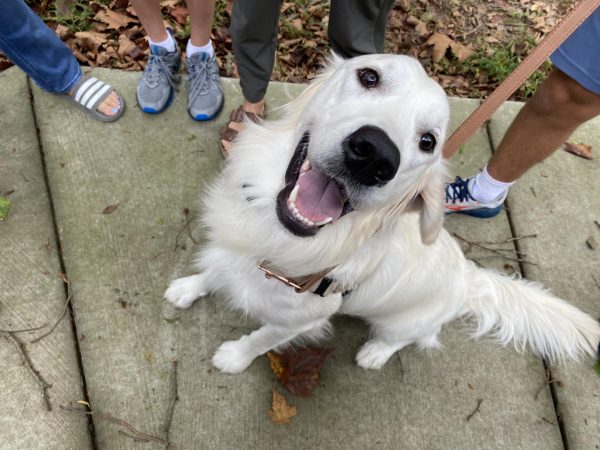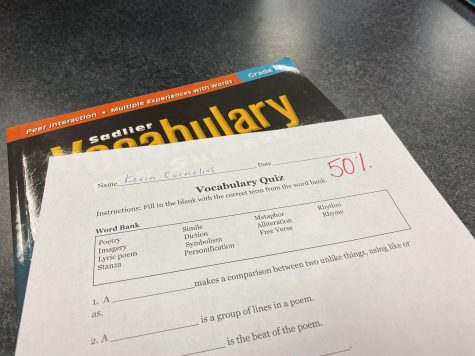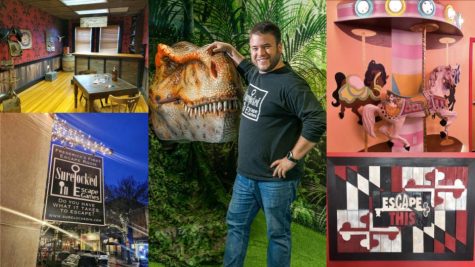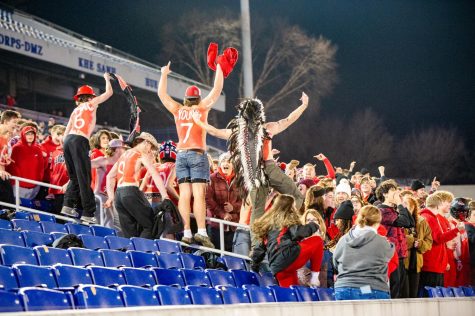Earth Day 2021: Lancer Media explores Common Market’s efforts in sustainability
Earth Day is one day a year to focus on the environment and how to protect it, but it is not enough to care about how we are treating the environment on just one day. In this podcast, a Frederick sustainability leader, Susan Schulman, will share her opinions on why this is important, what she is doing to focus on it, what people should know about the problem, and how we can all make small changes every day to make long term success possible.
Susan Schulman is the Marketing Manager at the Common Market in Frederick, MD and she’ll describe some of the Common Market’s accomplishments, progress and goals.
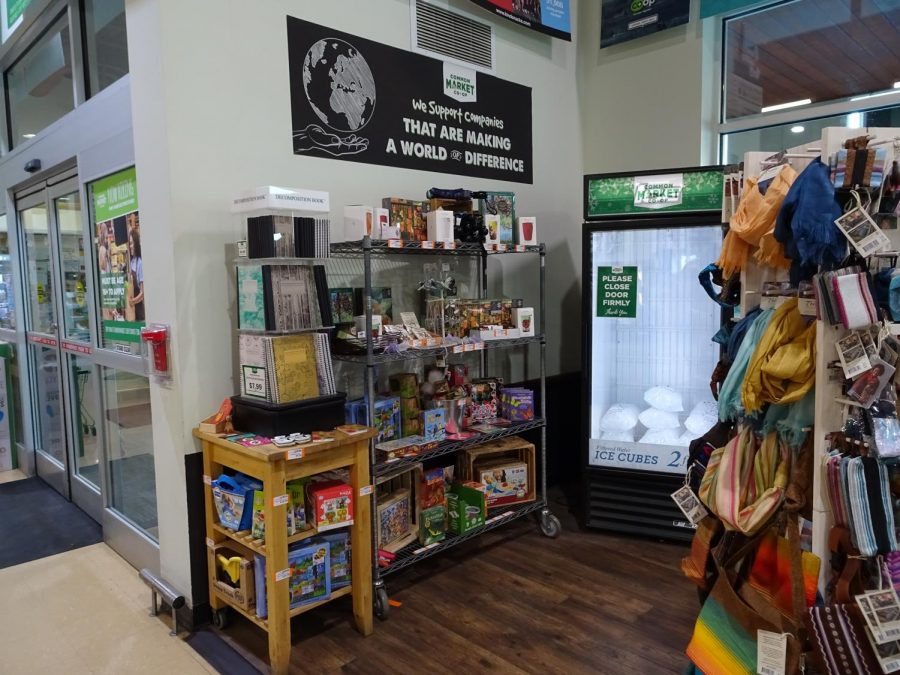
TRANSCRIPT:
Schulman: Hi, this is Susan!
Kilgore: Why is it important to have environmentally conscious practices as a part of your business?
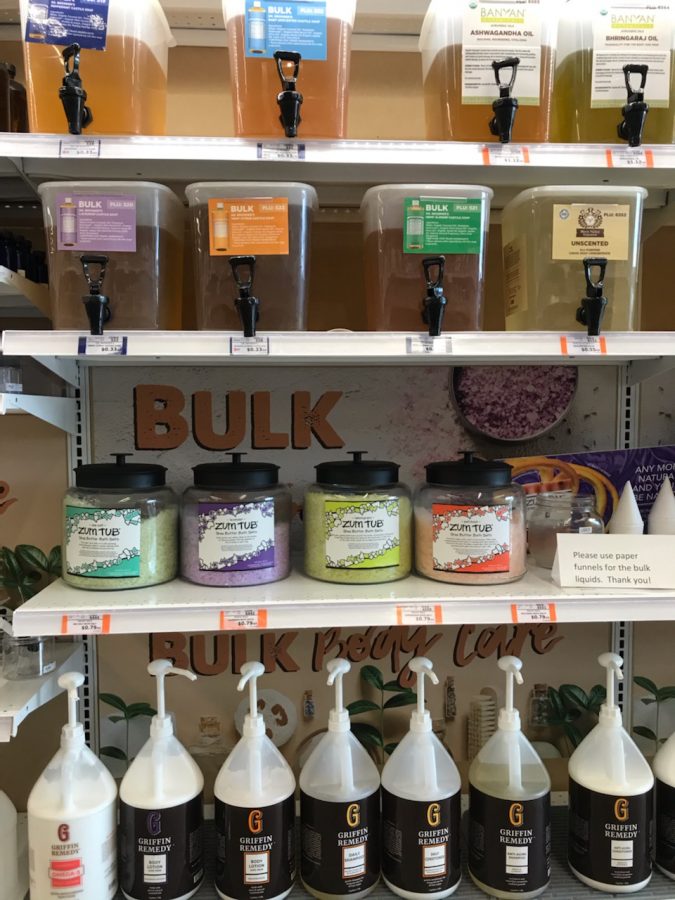
Schulman: I think it’s important because every little thing that a business can do to help – and I think that that’s true for individuals as well – as a business it’s important to know that you’re a part of something bigger. And for The Common Market, part of our mission statement is that we strive to be a model to be economic stewards and for environmental sustainability, so it’s very important to our organization.
Kilgore: Yeah! Okay, and then, how are you promoting your green practices for Earth Day (if you are) and throughout the year?
Schulman: Yeah, so our mission we have is three-fold and it goes People, Planet, Profit. So, I don’t think that there are a lot of businesses who actually put human beings and the planet above the profit in their mission. So, for us everyday, we are thinking about how can we make the planet better, how can we treat each other better as human beings. And we think about that even before we think about how can we be a good business, how can we sustain our business model. We’ve been doing a lot for Earth Month, really, throughout the month of April. We work with 49 local farmers in the area. So, for example, coming up on this Saturday the 17th, we are doing something called Farmer for the Day with one of our farms. It’s called House in the Wood, and we buy things from them like sweet potatoes and tomatoes, um, some microgreens, throughout the year. But we have volunteers who are going out to their farm on the 17th to help them just do some spring clean-up and it’s called Farmer for a Day. Yeah, so, a lot of people are wanting to go out and see what it’s like to be a farmer for the day. We just really feel like giving people that opportunity allows them to be closer to the source of where their food comes from and, you know, the more hands on you can be with anything, the more it makes you think about how something is produced, where it comes from, how does it get to you, and those kinds of things in the food supply chain. We also do a lot of recycling at The Common Market. We work with a partner called EN and they do electronics recycling. So we’re doing a big recycling event with them on April 20th at our store on Route 85. So between 3:00 and 6:00 that day, people can come and bring all of their old electronics to get recycled. Most of it’s free – some of it, they’ll have to pay for, but yeah. It’ll be my first event but I’ve heard that tons and tons of old electronics get recycled in three hours.
Kilgore: Wow.
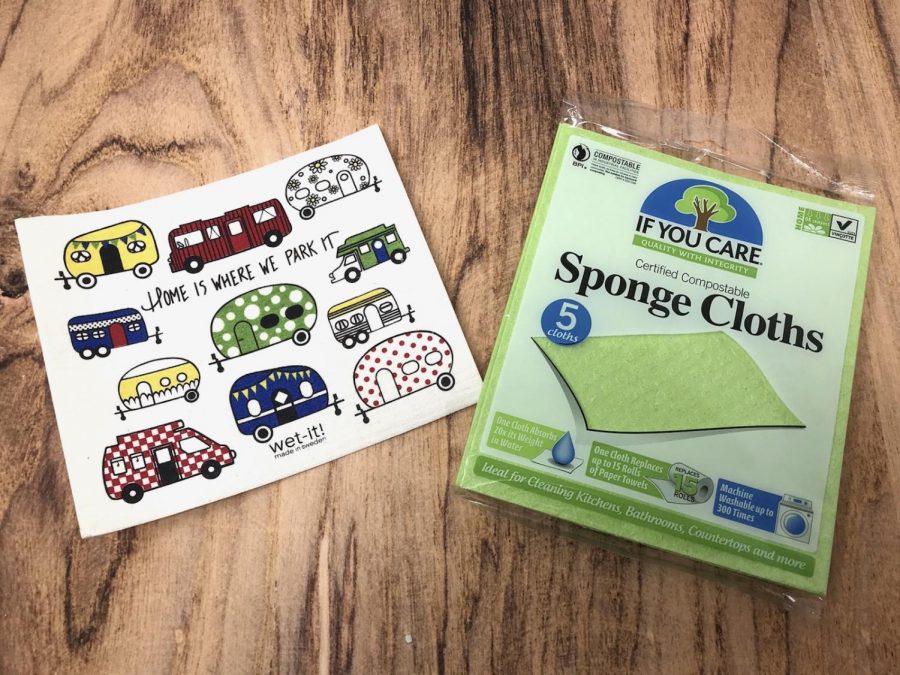
Schulman: Which is just amazing and great to keep that kind of stuff out of landfills. And then a couple of other things we are doing… We have a book club at The Common Market. It’s called Co-Op Conversations and this month, we are reading a book called “We Are All Greta”.
Kilgore: Oh, yeah!
Schulman: And it’s a book… Do you know that book?
Kilgore: Yeah, I just did a project on Greta Thunberg.
Schulman: Oh, cool! So this woman named Valentina Giannella wrote “We Are All Greta” and she’s talking about how we can all be inspired to be Greta.
Kilgore: That’s so cool.
Schulman: And help save the planet. So, we’re reading that book on the 22nd with our book club. And then we are participating in an event that the Downtown Frederick partnership is having. They do a spring clean-up day every year, so the Common Market employees had just gotten the team together for their event on April 24th and we’ve been assigned to clean West South Street between Bentz and South Market, so a bunch of companies are participating in this event, in addition to a big promotion that we’re doing in the store on Earth Day. We’re doing 10% off all of our bulk products. So anybody can come in and shop on Earth Day and buy in bulk and bring your reusable containers so that you’re not involved in the single-use plastic stream. We’re hoping that offering people a 10% discount will help people and we’re going to have a lot of staff on the floor. Sometimes people get intimidated by… sometimes it’s confusing about how you bring in your own containers and fill them up. But once you get in the habit, it becomes a habit.
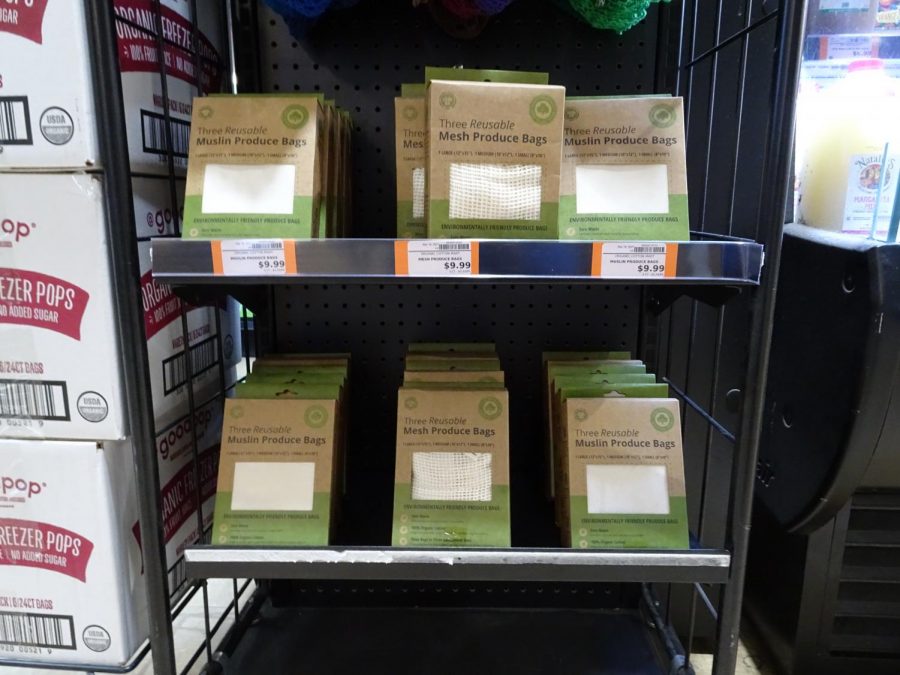
Kilgore: What do you think is most important for people to know about how to live sustainably and make a positive impact on the environment?
Schulman: I think that people need to know that everybody can make a difference. And that every little difference counts. And I think that when you think about it it’s not just yourself. We can’t be selfish when it comes to saving the environment. You really have to support other causes and other businesses and other people who are trying to live sustainably. For the Common Market, we try to be sustainable ourselves as much as possible. But then we try to work with other businesses and support other businesses who also have that same mindset because we really have to build each other up.
Kilgore: How urgent do you feel the climate crisis actually is?
Schulman: I think that’s such an interesting question. I think the urgency comes in trying to make people aware there’s a climate crisis and that it has been going on for a long time, you know, and that, I mean I’m in my fifties, and I remember when I was a kid, I still remember this TV commercial. I would be watching Sesame Street and I remember this TV commercial. It was this little kid walking along a dirty beach And in the background were these factories that were billowing smoke into the air and it was this kid trying to tell people to pick their trash up off the beach, you know. And he was throwing cigarette butts and Pepsi cans into a trash can. So I mean, that was probably like 45 years ago.
Kilgore: What are the biggest problems with the way people are living right now and why?
Schulman: We live in such a fast-paced environment and we want such an immediate gratification with everything that I think we don’t stop and slow down and think about how our actions are actually impacting the environment and those around us.
Kilgore: Yeah, they just kind of build up.
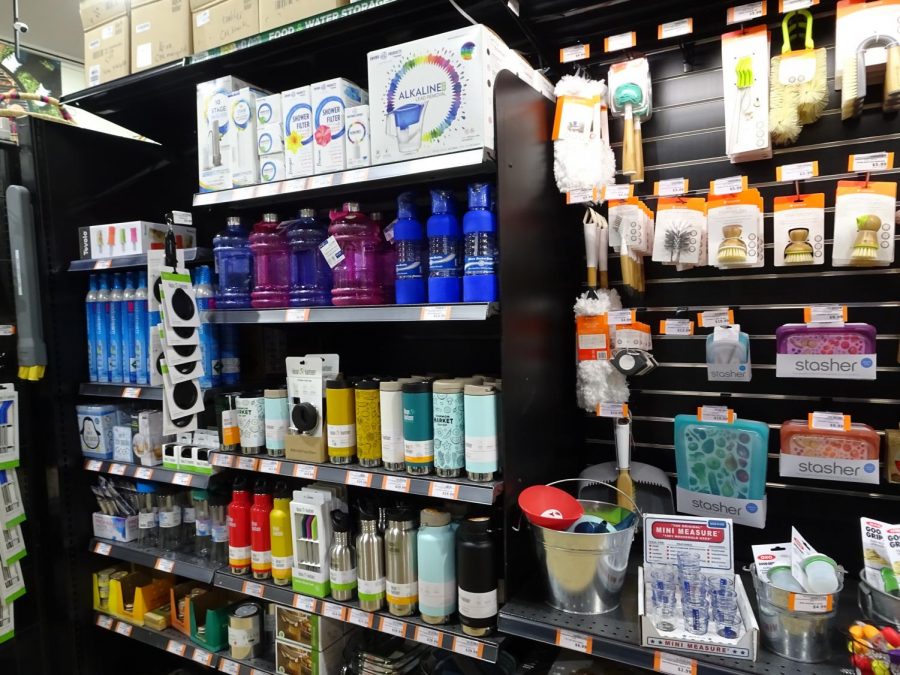
Schulman: Yeah! We can’t be selfish when it comes to how we treat the environment, how we treat each other. Sometimes you have to do something that’s not actually going to be a benefit to yourself necessarily. It might be something that’s going to benefit someone that you don’t even know or a child that’s not even born yet. We just want to do everything so quickly and so easily that we don’t think to bring my reusable bags to the grocery store or turn off some of the lights in our house. You don’t need to have every single light on all the time.
Kilgore: Yeah. I definitely need to work on all of that…
[laughter]
What kind of products do you sell that are eco-friendly?
Schulman: We have a lot of eco-friendly products in the store at both of our locations. First of all, we have electronic charging stations for E-cars. So, if you drive an E-car, you can come in and plug in and recharge while you’re shopping, so I think that’s really cool.
Kilgore: Yeah!
Schulman: We try to sell a lot of zero waste products. For example, a lot of our produce isn’t packaged in plastic; it’s just loose.
Kilgore: I’ve noticed that, actually.
Schulman: Yeah. We have soap that’s not wrapped up in a package. We really try to help people steer away from the single use plastic stream, or really just the single use product stream. We do sell paper towels, for example, but we also sell these reusable paper towels that you can use – it says up to 200 times. I have one that I bought… I bought it back in October and I’m still using it. So, instead of using one paper towel to wipe the counter down, just use this – it’s kind of like a cross between a paper towel and a cloth. Instead of using dryer sheets in the dryer, we sell these dryer balls that do the same thing to help reduce static cling but they are made out of wool. You can use those I don’t know how long, maybe forever. We’re definitely not perfect because we have a lot of things that are in paper and plastic. But we don’t use plastic bags. We actually have a new general manager who started last summer and that was one of his things. He was like, “We’re not going to give out plastic bags. We just have to stop doing it.” So we stopped doing it. If you don’t bring a reusable bag, then you get a paper bag. But the interesting thing is we do a lot of recycling at the Common Market. Even though we don’t give out plastic bags, we still will recycle your plastic bags for you.
Kilgore: Oh! To add on to that, are they popular products that you use, or do not many people get them for some reason? Like, are they high cost or are there negative consequences of using them in any way?
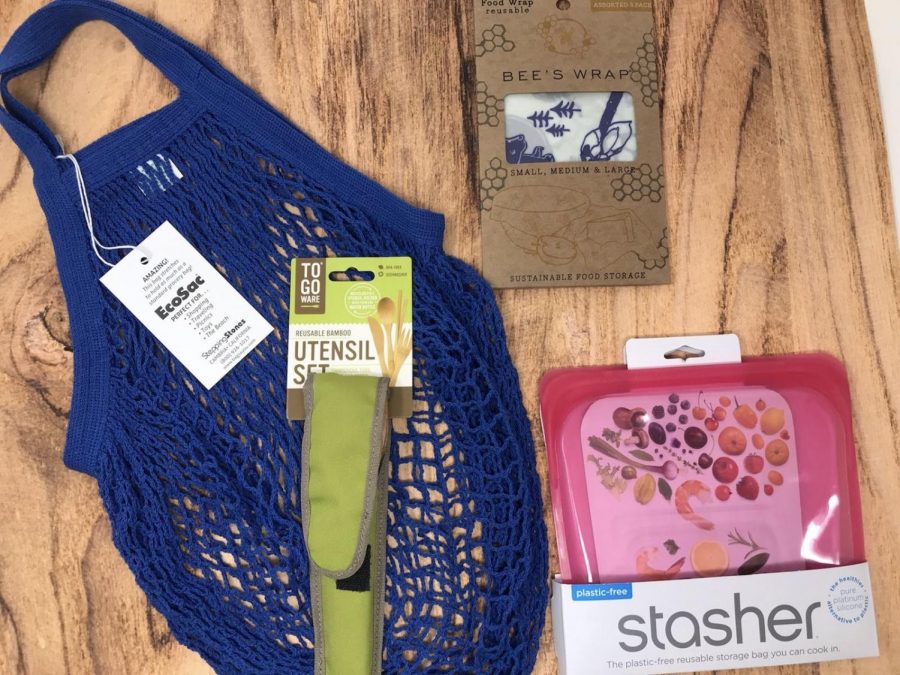
Schulman: The unfortunate thing is that people feel like being eco-friendly is expensive, and in some ways, it’s true. In some ways there is an upfront cost involved, like you have to buy a reusable bag. But again, it’s just something that we need to get people in the habit of doing. So definitely some people don’t participate because of cost. I think it’s interesting that you asked are some of the products too different than normal products, and I definitely see that. We all grew up with, like, Ziploc bags for example. And so, we have a lot of products that you can use instead of a Ziploc bag, but they’re definitely something different. And when you’re in the habit of using one thing, then it takes a certain mindset to tell yourself to change. We sell this stuff that’s made out of beeswax that’s called Bees Wrap. It’s this product that you can use instead of plastic wrap. So you can wrap sandwiches up in it, or put it over top of a bowl and put it in your fridge, and then you can just rinse it off and use it again. We have these silicone storage bags that you can rinse out instead of using a single-use Ziploc bag. We have mesh produce bags in the fruit and vegetable department that you can use instead of a single-use plastic bag. Those are products that are new to the market so people definitely are like, “What is that and how do I use that?” So maybe we can do a better job at explaining to people, “This is what that is and you should give it a try.”
Kilgore: Yeah! For a long time, I got plastic conditioner and shampoo bottles and stuff with my purchases, and then one day when the news was really blowing up with all the climate change, my whole family just researched a little bit you know it takes time but yeah we took time to research and we found that there were other products out there for it. So we got this really nice rice-inspired shampoo and conditioner and it comes with this nice wrapping that doesn’t have any plastic, anything, and it’s super good. It definitely has its benefits to find that new product.
Schulman: Yeah! That’s awesome. I love hearing stuff like that. Like you said, sometimes you just have to take a minute to figure out what you think is going wrong or what you think you could do better and then just figure out what will work for you and try something new. But in a restaurant, sometimes my husband is like, “Are you really pulling that out?” And I’m like, “Yes! I don’t want to use a plastic straw! I’ve got my copper straw in my bag.” So it’s just making different things normal and making different things accepted.
Kilgore: If you could list the top three ways people could change their living habits to reduce their impact on the environment, what would you recommend?
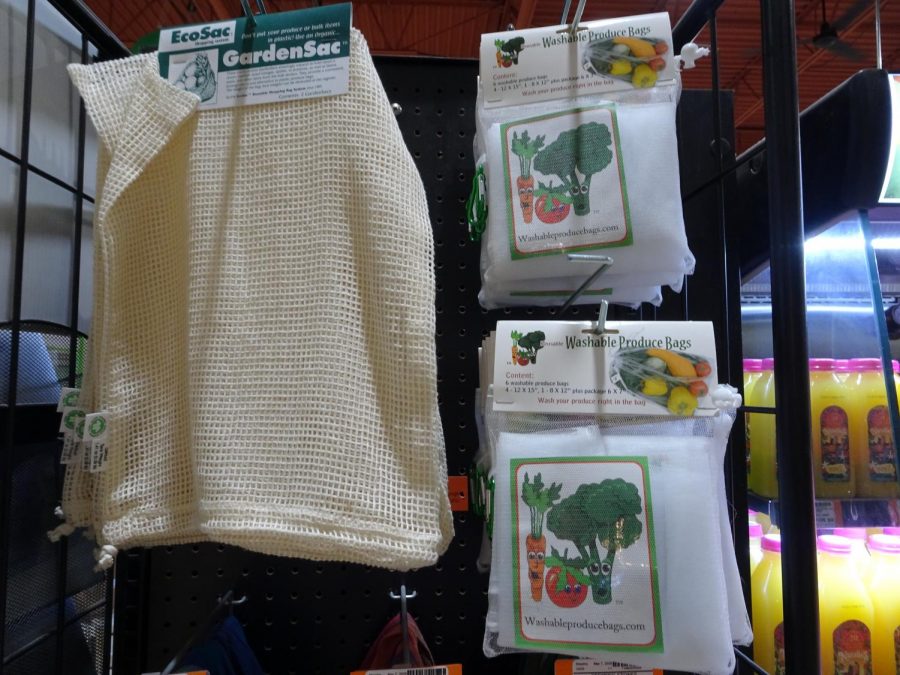
Schulman: We have classes that you can take at the Common Market, and one of the classes is put on by this really dynamic lady named Anne Marie who’s in charge of the Frederick County recycling plant and I’ve learned so much from her. She has really taught me that the top thing now is not recycle. The top thing right now is refuse. Refuse taking an extra bag. Excuse something with plastic packaging. And that recycle is actually the last thing on the list. The first thing is you’ve got to refuse and really refuse using plastic. Plastic is just so bad in so many ways. The chemical compounds that is put together to make plastic is so detrimental to the environment. So refuse is my big thing.
I found out recently that the type of sunscreen that you use is really important because a lot of sunscreen have these tiny plastic particles in them so it’s best to use sunscreen that has the base of zinc oxide.
Kilgore: Oh! We have that!
Schulman: Have you heard about this?
Kilgore: Yeah!
Schulman: Sunscreens with a product called oxybenzoate – that’s plastic. It soaks into your own skin and that plastic gets into your own body, but it also gets into the ocean water and it’s really causing some huge problems in the ocean. You wouldn’t think that a little bit of sunscreen that people put on their skin would be so detrimental to the ocean, but it really is problematic. Because you think oh my gosh, the ocean’s so big! But scientists and researchers are finding out that these little tiny particles of plastic that come from sunscreen is really bad.
Kilgore: Wow!
Schulman: So for our own health, and also for the health of the ocean, we need to really be careful about what kind of sunscreen we use. And then my third thing is I really think it’s important to try to buy locally produced food. I think I mentioned before that the Common Market works with 49 local farms, and we work with almost 180 local businesses, and for us we consider “local” to be within 150 miles of Frederick. And because of that, we are reducing our impact on the environment. Rather than having to rely on these big supply chains to fly products into our store from around the world, or drive them across the country, we’re really trying to buy from people that are close by so we can reduce our carbon footprint just on getting the products into the store. So I think buying local is the third thing that’s really important.
We’ve done some research and found that for every $100 that you spend at a big box store, 75% of that money goes out of your region. It goes back to wherever that company is headquartered. But for a local store like the Common Market, or any of the other local businesses that are here in Frederick, $68 of that $100 stays locally, and it goes back to the local government. It goes back to the local people that are working at that business. It goes back to the suppliers for that local business. We feel it’s very important to support the local economy. Those would be my three things.
Kilgore: Cool. Thank you so much for coming. It’s so nice to hear from you!
Schulman: I was just so excited when I saw your message and I was so glad you reached out to us, again, because I love doing stuff like this so if you ever have any other projects that you think we might be able to help you out on, I would love to help you out on them.
Kilgore: Great! Well thank you so much.
Schulman: You’re welcome. I appreciate it and have a great weekend.
Kilgore: You too! Thanks for working so hard to help the earth and save the environment.
Schulman: You’re welcome. I just really feel like for not my generation’s future but then also for the generations below me, it’s just so important that we all get involved and realize that we can all make an impact.
Kilgore: Definitely.
So, obviously, some new changes will need to be made if we’re going to turn around the climate issue. Plastic is never going to disappear, but the amount of plastic used around the world should be reduced and we have control over it. Being more environment-friendly might be more expensive or different from what we’re used to, significantly impacting how we live our lives. For example, if the government restricts fossil fuels, both companies and individuals will need to find new ways to do many things. But we shouldn’t all ignore the climate problem just to opt-out of changing our living habits. Every day, everyone makes an enormous impact on the environment and our future! The Common Market is setting a positive example by adapting their stores and products to use less plastic and waste less energy – we can learn from them and the other organizations they support. Different can be better! I’ve been there a number of times and have seen and utilized their paper bags, longer-lasting bamboo utensils which replace plastic and wooden ones, and nutritional food from sustainable family farms. There is an urgent need to learn more and adapt to what our planet needs most right now and starting to make more changes is the best way to get involved!
Thanks for listening to my podcast! Please join me, not just this Earth Day, but all year, in doing your part and working actively to save the planet.
Your donation will support the student journalists of Linganore High School. Your contribution will allow us to purchase camera/recording equipment and software. We hope to raise enough money to re-start a monthly printed issue of our paper.



